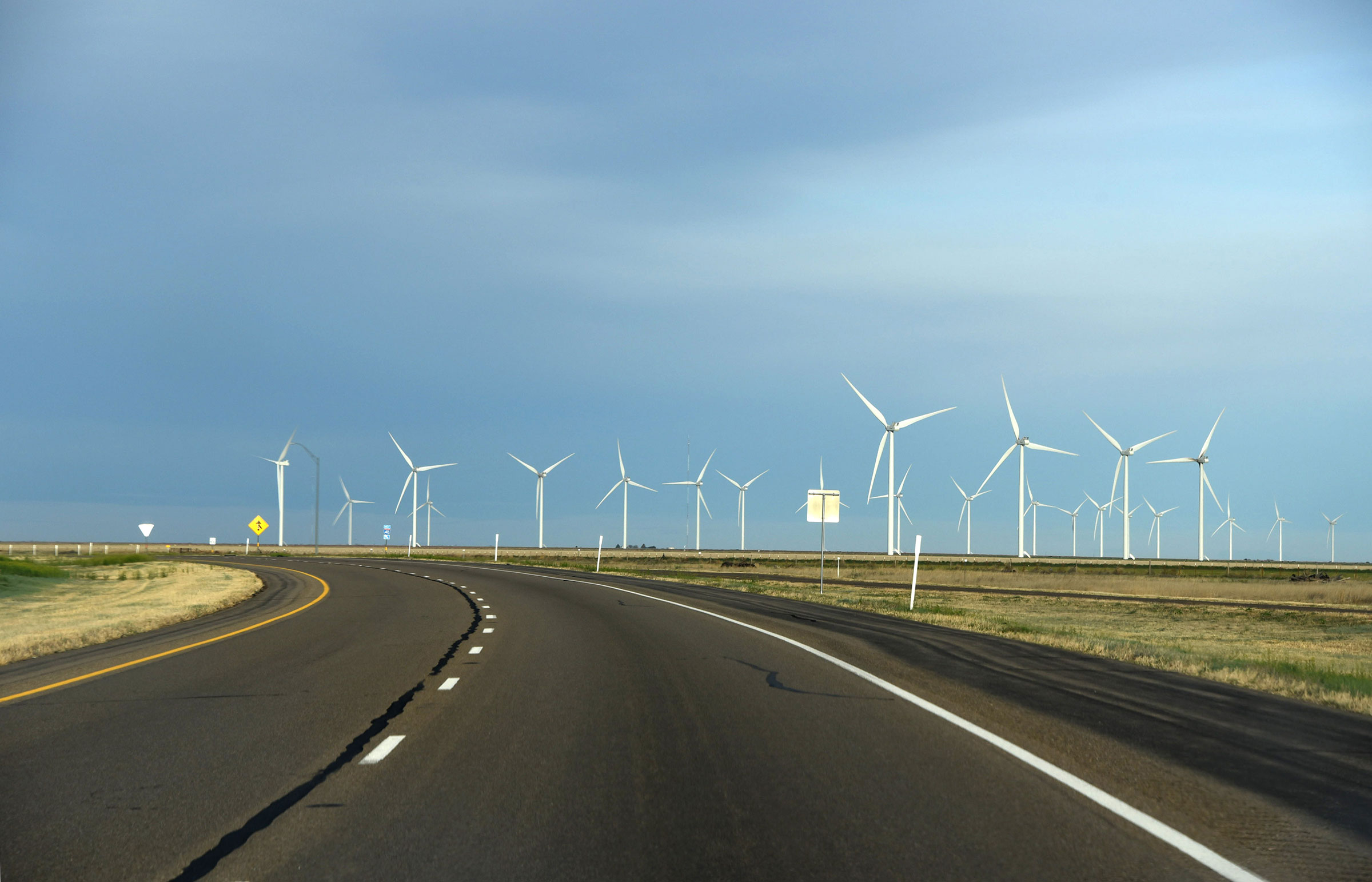
Kasich served a governor of the state of Ohio from 2011-2019, and served as a member of congress from 1983-2001.
The coronavirus pandemic has worn out its welcome on Earth. Just try and find someone who’s not sick and tired of working from the basement, wearing a mask, bumping elbows in greeting or simply living with the worry of themselves or their family getting sick. And these inconveniences pale in comparison to the pain many have suffered from sickness or the loss of loved ones.
If we could have seen the pandemic coming and had the power to prevent it, of course, we would have. If we had that power but sat on our hands as millions became sick and died, that inaction would be unforgivable.
There is another problem that we know is coming, that we have the power to address, and yet which we continually do too little—or often nothing—to tackle. I’m talking about climate change.
Left unchecked, the impact of climate change will only further alter our world as we know it—reshaping our coastlines and the cities that sit on them, accelerating species extinction, devastating agriculture and causing famine, ravaging our economy and impacting everyone’s health.
Though often regarded as a hot potato in politics, one of the biggest points of opposition to addressing climate change is the cost. How can a world whose transportation and energy systems are so heavily rooted in burning hydrocarbons afford to scrap them and shift to other, cleaner forms of energy?
I approach it from the other direction, however: how can we afford not to?
Yes, the looming cost to human life and the natural world are paramount and merit immediate and sustained commitment to long-term action. For those who also worry about the economics of tackling climate change, consider this: Goldman Sachs recently estimated that there is $16 trillion to be made in just the next 10 years from new investments in renewable energy. Furthermore, if the United States committed to help keep global warming within 2 degrees Celsius, this would create between $1 trillion and $2 trillion in yearly investments in renewable energy.
At a time when the global pandemic has dealt a mighty blow to the world’s economy, those kinds of numbers should be music to our ears. Why would we not embrace the enormous economic benefits and job creation of investing in next generation transportation and renewable energy systems?
As a Republican governor of the 7th largest state and a top-25 global economy, I was proud to champion energy and environmental policies that helped Ohio reduce its carbon emissions by almost 30 percent between 2005 and 2014—all while achieving strong job creation and still managing major new investments in natural gas from shale with regulations that surpassed the federal government’s.
Our approach was balanced, reasonable and productive, with a focus on encouraging energy investments while also protecting public health and the environment—and preserving the Ohio’s renewable energy standard. Thanks to the state’s support for renewable energy, thousands of new jobs were created by companies like Amazon and Facebook which, like many tech companies, are committed to renewable energy use.
The time has come for people who understand the need to be good stewards of our environment—and who can appreciate the value of a global economic boost—to roll up their sleeves and push for the switch to renewable energy and clean transportation. Traditional renewable energy sources like solar and wind have stood the test of time and merit greater investment and deployment. Clean natural gas can be the bridge as we ramp up more renewables and make the final break from carbon-intensive fuels. We also need to support research into new green energy technologies and bring these to market.
I joined with former Secretary of State John Kerry and former California Governor Arnold Schwarzenegger behind an effort called “World War Zero” to help bring together a group of unlikely allies – Democrats, Republicans and independents, scientists, military leaders, business leaders, diplomats, entertainers, and ordinary people from all walks of life – to mobilize, speak up, and tackle climate change together. And to find new ways of helping people appreciate the need to address the problem.
Seeing the economic benefits of renewable energy investments at a time of a global recession might not be an angle that first comes to mind. But tough problems merit different approaches and demand that we take advantage of the opportunities when they arise—like now.
Just like America’s shift to a wartime footing in the 1940s helped end the Great Depression, the manufacturing revolution and global job creation that would be ushered in by the transition to a clean energy economy could deal critical blows to two dragons at once: climate change and the economic downturn. Let your voice be heard and make clear to those who lead that we cannot waste this opportunity.
More Must-Reads from TIME
- Cybersecurity Experts Are Sounding the Alarm on DOGE
- Meet the 2025 Women of the Year
- The Harsh Truth About Disability Inclusion
- Why Do More Young Adults Have Cancer?
- Colman Domingo Leads With Radical Love
- How to Get Better at Doing Things Alone
- Michelle Zauner Stares Down the Darkness
Contact us at letters@time.com